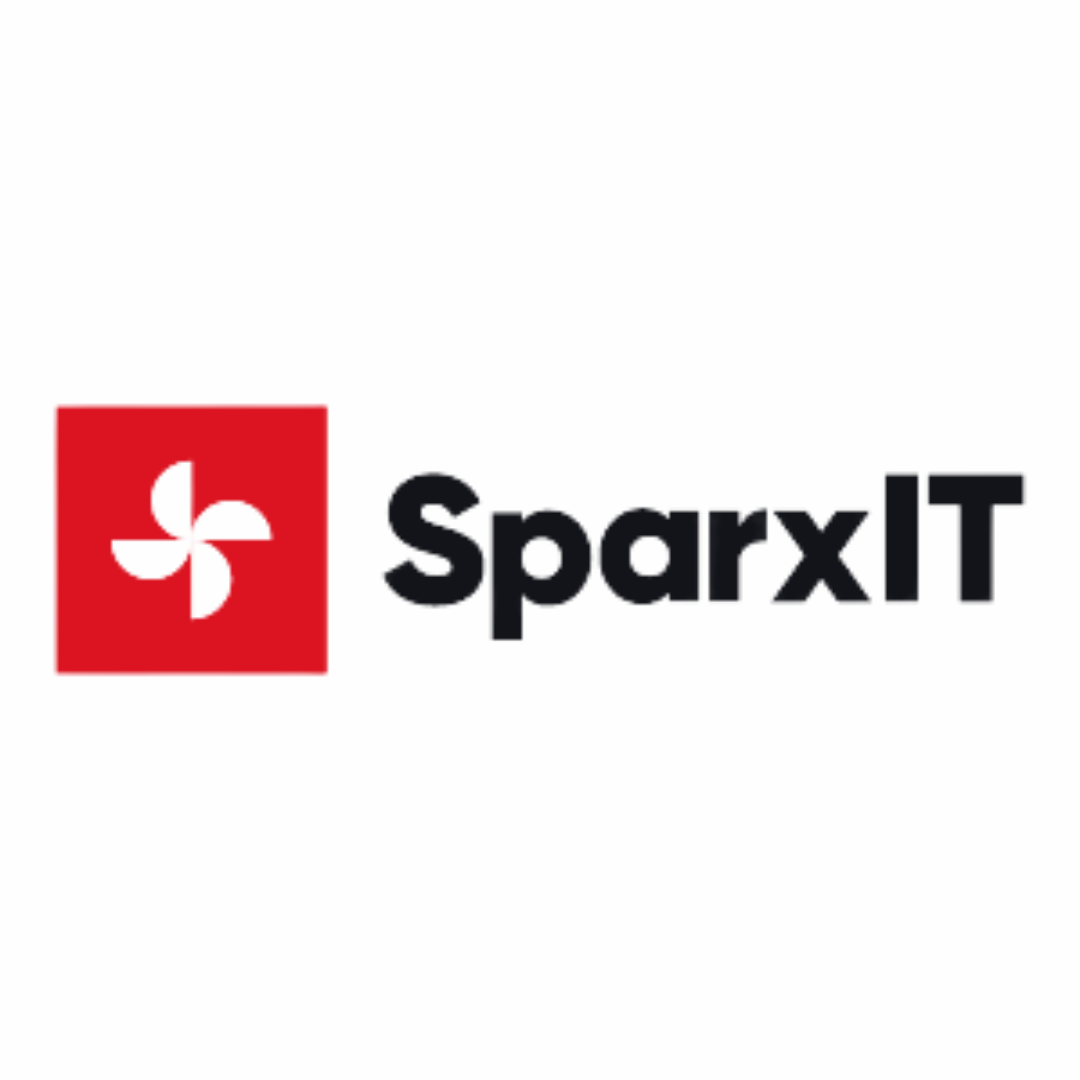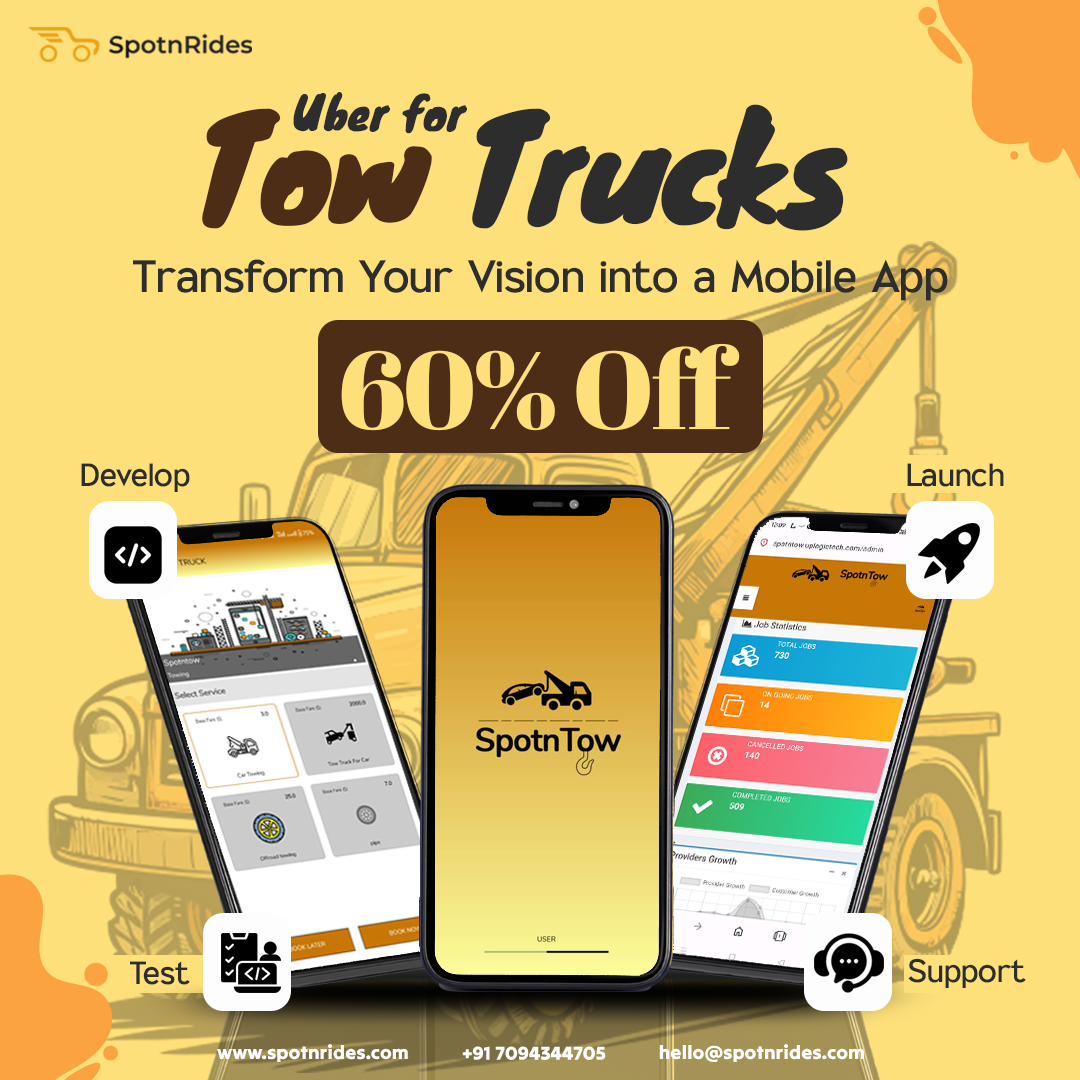Discover the importance of Developer Blogs, how they enhance coding skills, and how to start your own successful blog as a programmer.
What Are Developer Blogs and Why Are They Important?
Developer blogs serve as an essential resource for programmers, offering insights, tutorials, and industry updates. Whether you’re an experienced coder or a beginner, reading and writing developer blogs can significantly impact your growth in the tech world. This article explores the benefits of developer blogs, how to start one, and what makes a blog stand out in the crowded developer community.
The Benefits of Developer Blogs
1. Enhancing Coding Skills
Writing about your coding experiences and solutions helps reinforce what you’ve learned. When you explain concepts in your own words, you gain a deeper understanding and improve problem-solving skills.
2. Building a Personal Brand
A well-maintained developer blog can establish you as an expert in your field. By consistently publishing high-quality content, you create a portfolio that showcases your knowledge and expertise to potential employers or clients.
3. Networking and Community Engagement
The developer community thrives on knowledge sharing. By contributing valuable content, you can connect with other developers, participate in discussions, and even collaborate on projects.
4. Monetization Opportunities
Developer blogs can generate revenue through ads, sponsorships, or affiliate marketing. Additionally, successful blogs often lead to opportunities such as freelance projects, speaking engagements, and book deals.
How to Start a Developer Blog
Starting a blog may seem daunting, but with the right approach, you can create an engaging and valuable platform for sharing your coding knowledge.
1. Choose a Blogging Platform
Popular platforms for developer blogs include:
· WordPress: Flexible and customizable
· Hashnode: Developer-focused and easy to use
· Dev.to: Community-driven and great for networking
· Medium: Simple, with built-in audience reach
2. Select a Niche
Focusing on a specific topic helps attract a dedicated audience. Consider niches such as:
· Web development (JavaScript, React, Angular, etc.)
· Backend technologies (Node.js, Python, databases)
· Cybersecurity and ethical hacking
· DevOps and cloud computing
· AI and machine learning
3. Create High-Quality Content
Your blog should provide value by addressing real-world problems. Some popular content types include:
· Tutorials: Step-by-step coding guides
· Case Studies: In-depth analysis of development projects
· Opinion Pieces: Insights on industry trends
· Code Snippets and Solutions: Useful functions and algorithms
4. Optimize for SEO
To attract more readers, optimize your developer blog for search engines:
· Use target keywords naturally (e.g., Developer Blogs, coding tutorials, software development)
· Write compelling meta descriptions
· Use proper heading structures (H1, H2, H3)
· Include internal and external links
5. Promote Your Blog
Simply publishing posts isn’t enough. Promote your content on:
· Twitter (X), LinkedIn, and Reddit
· Developer communities like GitHub, Dev.to, and Stack Overflow
· YouTube (video tutorials based on your blog content)
What Makes a Developer Blog Stand Out?
Consistency
Regular updates keep your audience engaged and improve search engine rankings.
Engaging Writing Style
Avoid overly technical jargon. Explain concepts clearly and concisely, making your blog accessible to both beginners and experienced developers.
Interactive Elements
Consider adding:
· Code snippets with live execution
· Infographics to simplify complex topics
· Comment sections to encourage discussions
Conclusion
Developer blogs are invaluable for both personal and professional growth. They provide a platform to share knowledge, build credibility, and engage with the global programming community. Whether you’re starting your own blog or following established ones, embracing developer blogs can accelerate your learning and career development.
Are you ready to launch your own developer blog? Start today and contribute to the ever-growing world of programming knowledge!
0








